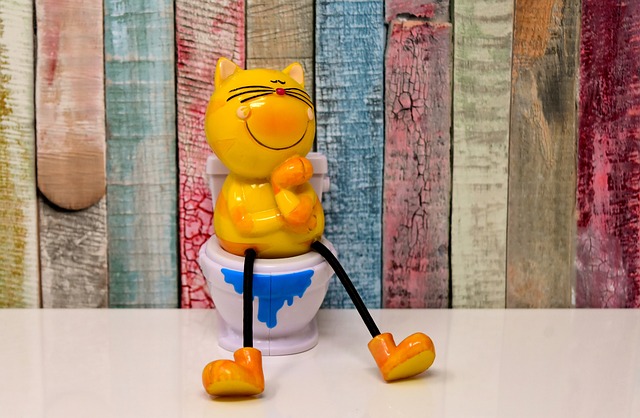



Discovering that your cat is urinating on your bed can be frustrating and confusing. There are several possible causes for this behavior, including medical issues, stress or anxiety, litter box problems, territorial marking, behavioral issues, and environmental factors.
One of the first things to consider when your cat is urinating on the bed is whether there is an underlying medical issue. Cats may urinate outside of the litter box if they have a urinary tract infection, bladder stones, or other urinary tract issues. It is important to rule out any medical problems by taking your cat to the veterinarian for a thorough examination.
Cats are sensitive creatures and can easily become stressed or anxious. Changes in their environment, such as moving to a new home, the addition of a new pet or family member, or even changes in their routine, can trigger stress and lead to inappropriate urination. It is important to identify and address any sources of stress in your cat's life.
Cats are very particular about their litter box and may refuse to use it if it is not clean or if they have had a negative experience while using it. If the litter box is dirty, too small, or in an inconvenient location, your cat may choose to urinate on your bed instead. Ensuring proper litter box conditions is crucial in preventing this behavior.
Cats are territorial animals and may mark their territory by urinating on objects, including your bed. This behavior is more common in unneutered male cats, but can also occur in spayed or neutered cats. If your cat is marking their territory, it is important to address this behavior and provide appropriate outlets for their natural instincts.
Some cats may develop behavioral issues that lead to inappropriate urination. This can be due to a variety of factors, such as boredom, lack of stimulation, or a need for attention. Identifying the underlying cause of the behavior and addressing it is essential in resolving the issue.
The environment in which your cat lives can also play a role in their urination behavior. If there are other cats in the household, conflicts or competition for resources can lead to inappropriate urination. Additionally, if your cat feels threatened or unsafe in their environment, they may choose to urinate on your bed as a way to assert control or establish their territory.
Dealing with a cat urinating on the bed can be challenging, but there are several steps you can take to address and resolve this behavior.
If you suspect that your cat's urination on the bed is due to a medical issue, it is important to consult with a veterinarian. They can perform a thorough examination and run any necessary tests to rule out any underlying health problems. If a medical issue is identified, appropriate treatment can be provided.
If your cat's urination on the bed is due to stress or anxiety, it is important to identify and address the source of their distress. This may involve providing a safe and secure environment, maintaining a consistent routine, and providing plenty of mental and physical stimulation. Additionally, products such as pheromone diffusers or calming supplements may help to reduce your cat's anxiety.
Proper litter box conditions are crucial in preventing inappropriate urination. Make sure the litter box is clean and scooped regularly, and consider providing multiple litter boxes in different locations. The litter box should be large enough for your cat to comfortably move around in, and it should be placed in a quiet and accessible area.
If your cat is marking their territory by urinating on the bed, it is important to address this behavior. Neutering or spaying your cat can help to reduce territorial marking in unneutered males. Additionally, providing vertical spaces, such as cat trees or shelves, can give your cat a sense of ownership and territory.
If your cat's urination on the bed is due to behavioral issues, it is important to modify their behavior through positive reinforcement and training. Reward your cat for using the litter box and provide them with alternative outlets for their natural instincts, such as scratching posts or interactive toys.
To discourage your cat from urinating on the bed, make it less appealing for them. Use deterrents such as aluminum foil, double-sided tape, or a plastic carpet runner with the nubs facing up. You can also try placing a litter box or a comfortable cat bed on the bed to redirect their behavior.
Providing environmental enrichment for your cat can help to alleviate boredom and prevent inappropriate urination. Offer a variety of toys, scratching posts, and interactive play sessions to keep your cat mentally and physically stimulated. Creating a stimulating environment can help to reduce stress and prevent unwanted behaviors.
If you have tried various solutions and your cat continues to urinate on the bed, it may be beneficial to seek professional help from a veterinary behaviorist or a certified cat behavior consultant. They can assess your cat's behavior and provide personalized advice and guidance to help resolve the issue.
Dealing with a cat urinating on the bed can be frustrating, but with patience, understanding, and the right approach, this behavior can be addressed and resolved. By identifying the underlying cause and implementing appropriate solutions, you can create a harmonious environment for both you and your feline companion.
Leave a Reply
Related posts